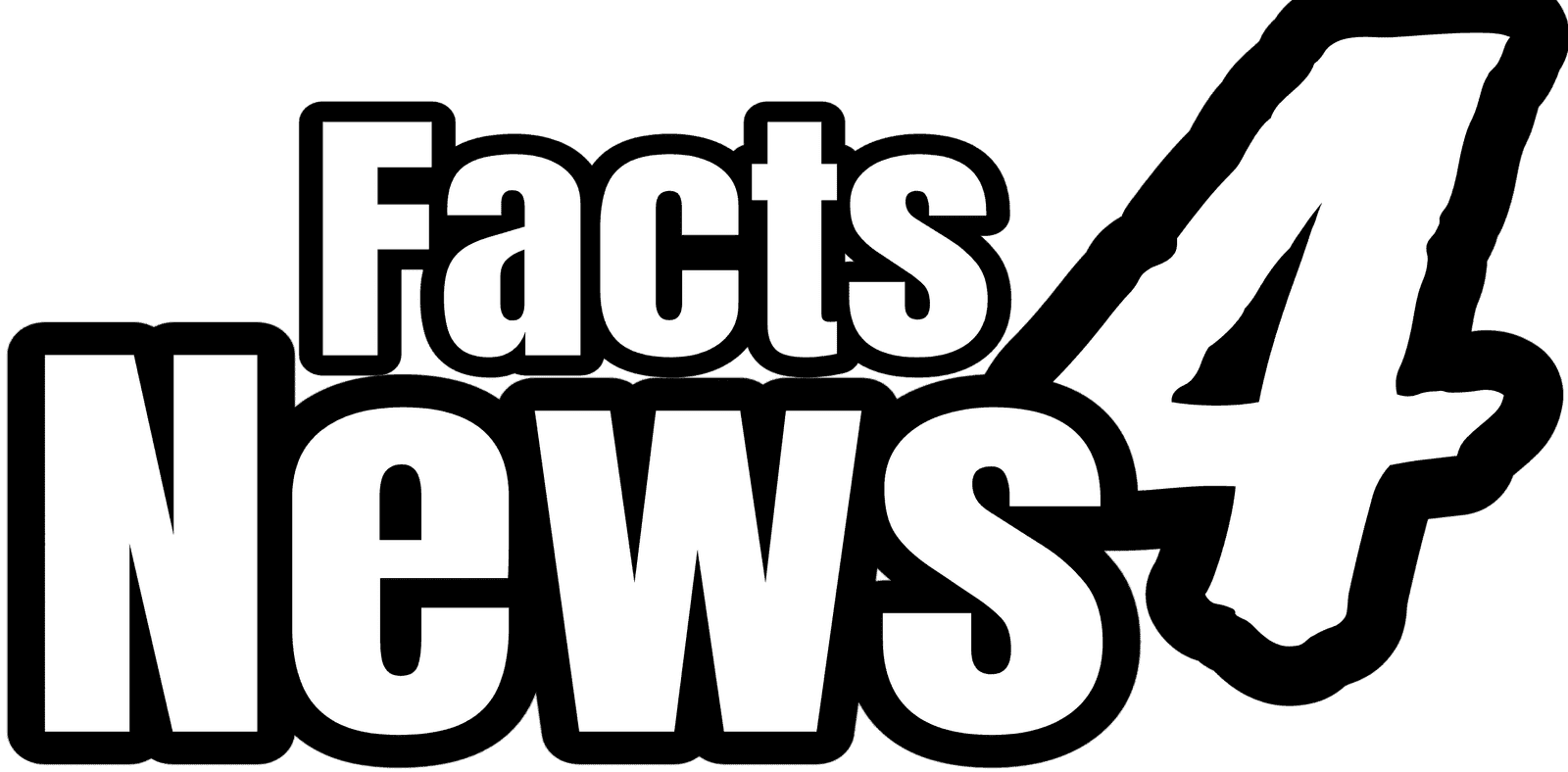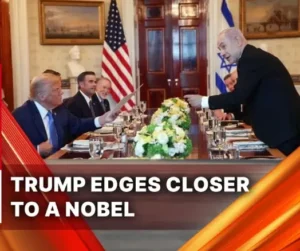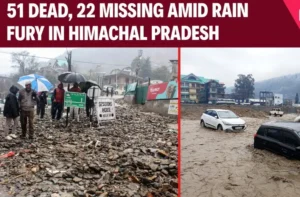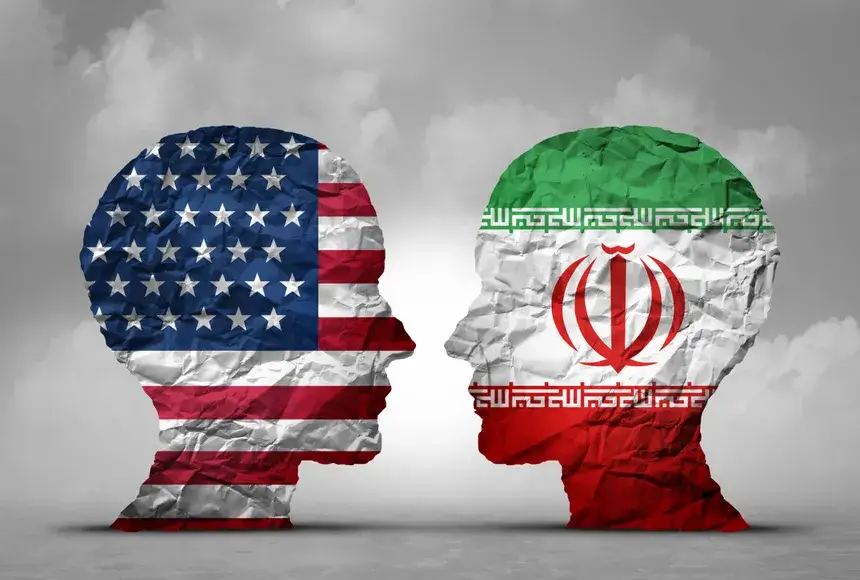The United States and Iran are poised to hold critical negotiations in Oman on April 12, 2025, US-Iran Nuclear Talks in Oman mark’s a pivotal moment in their decades-long standoff over Iran’s nuclear ambitions. These discussions, the first high-level talks in years, unfold against a backdrop of mutual distrust, military posturing, and sharply divergent goals. With global security hanging in the balance, the outcome could either defuse a volatile crisis or pave the way for escalation.
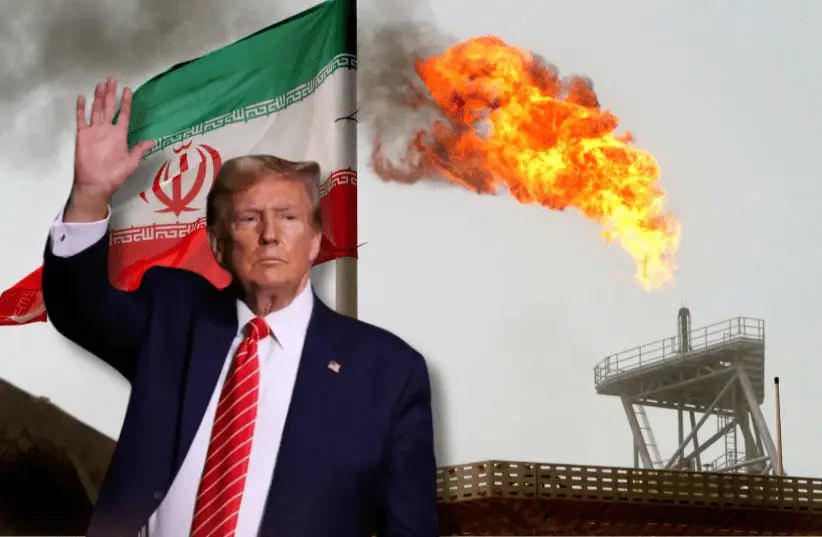
A Tense Prelude to Oman Diplomacy
The road to these talks has been fraught with challenges. Since withdrawing from the 2015 nuclear agreement during his first term, the U.S. has taken a hardline stance, imposing sanctions and issuing warnings to curb Iran’s nuclear program. Iran, meanwhile, has advanced its uranium enrichment, raising alarms about its proximity to weapons-grade capabilities. Recent U.S. military actions targeting Iran’s regional allies have further strained relations, setting a complex stage for dialogue.
The decision to negotiate came after months of backchannel communications, culminating in a surprise announcement earlier this month. Both nations now face pressure to find common ground, but their approaches differ starkly. The U.S. seeks to prevent Iran from ever acquiring nuclear weapons, while Iran insists on its right to a peaceful nuclear program without external coercion.
Key Players in Oman Diplomacy
Leading the U.S. delegation is a seasoned envoy tasked with navigating this delicate process, while Iran’s foreign minister, a veteran negotiator, heads its team. Oman, known for its neutral stance and history of mediating Middle East conflicts, plays a crucial role as host and facilitator. However, even the format of the talks remains contentious. The U.S. pushes for direct discussions, believing face-to-face dialogue could build trust. Iran, wary of concessions, prefers indirect talks mediated by Omani officials, reflecting deep-seated skepticism.
Competing Visions and High Stakes
The U.S. has set an ambitious timeline, demanding a deal within weeks to ensure Iran’s nuclear program is fully dismantled or tightly monitored. Failure, U.S. officials warn, could lead to military action, with regional allies potentially playing a leading role. Iran, on the other hand, has signaled openness to a temporary agreement but rejects any deal that compromises its sovereignty. Iranian leaders have also hinted at reducing cooperation with international inspectors if pressured, a move that could heighten tensions further.
Both sides face domestic and international scrutiny. In the U.S., critics argue the negotiations may lack the technical expertise needed to secure a robust deal. In Iran, hardliners question whether diplomacy with a longstanding adversary can yield fair results. The global community, meanwhile, watches closely, aware that the talks’ success or failure could reshape Middle East dynamics and influence non-proliferation efforts worldwide.
Challenges and Skepticism
Despite the diplomatic momentum, obstacles abound. Experts warn that inexperience on the U.S. side could hinder progress, given Iran’s seasoned negotiators who know the nuclear dossier inside out. There’s also concern that political pressures in both nations could derail compromise. Some fear Iran might use the talks to stall, buying time to advance its program, while others worry the U.S.’s aggressive rhetoric could undermine trust.
Oman’s role as a mediator offers hope, drawing on its track record of fostering dialogue in seemingly intractable disputes. Yet, the gap between the two nations’ objectives—complete denuclearization versus limited oversight—remains wide. The talks’ outcome will hinge on whether either side can make concessions without losing face
A Global Spotlight on Oman Diplomacy
As the world awaits the results, the negotiations carry profound implications. A successful deal could ease tensions, stabilize the region, and bolster international efforts to prevent nuclear proliferation. Failure, however, risks escalating into a broader conflict, with consequences that could ripple far beyond the Middle East. For now, all eyes are on Oman, where a small sultanate hosts a diplomatic gamble that could define the future of U.S.-Iran relations.
